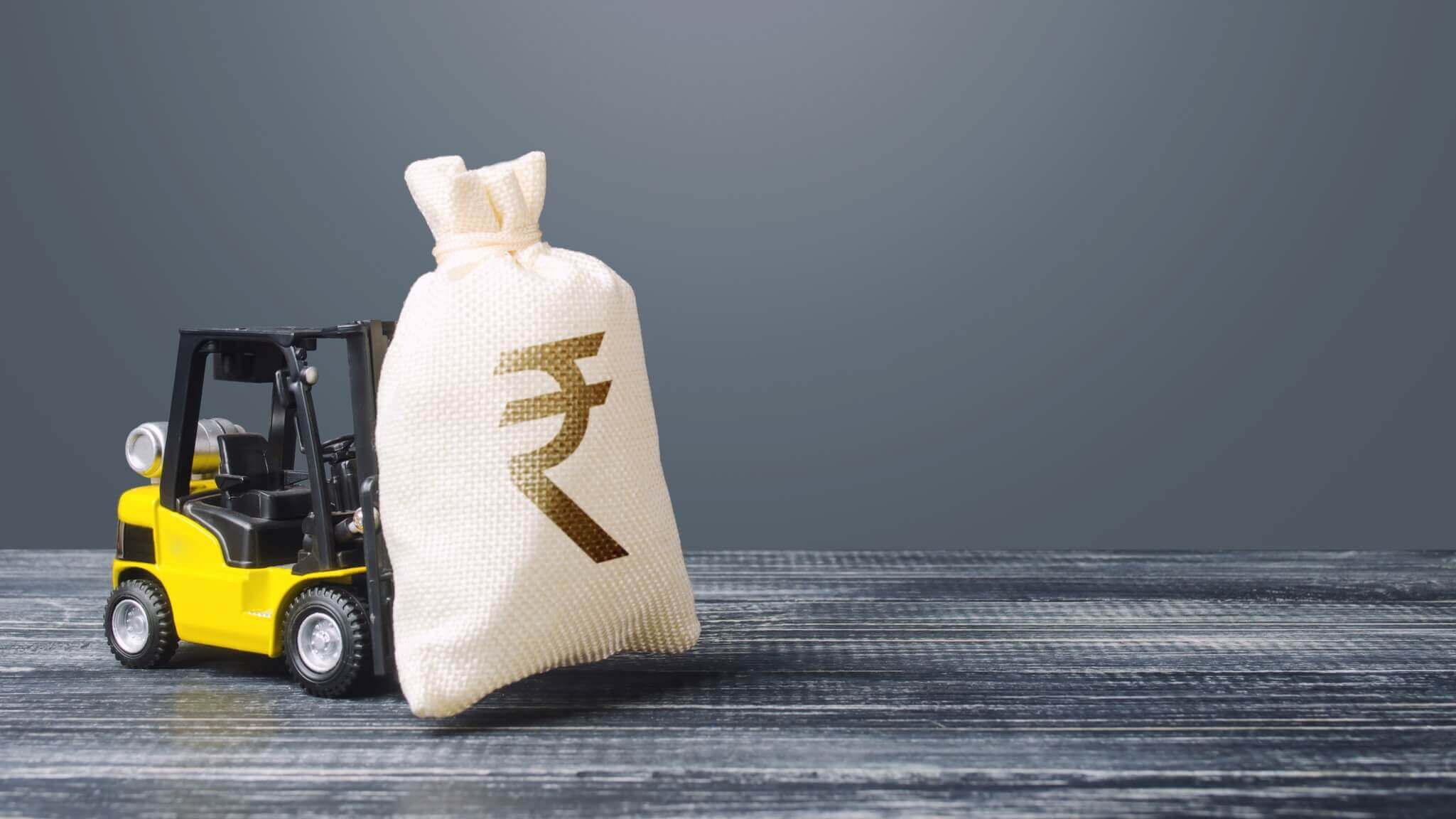Are you planning to travel abroad or invest in foreign currencies? If so, one of the first things you need to do is buy foreign currency. In this comprehensive guide, we’ll explore how to buy foreign currencies and where to find the best deals.
Option 1: Banks and Credit Unions
Banks and credit unions are popular options for buying foreign currency. They offer convenience and security, but the exchange rates and fees can vary widely depending on the institution. To find the best deal, compare rates and fees at multiple banks and credit unions. You can also ask if they offer online currency exchange services, as this can often provide better rates and lower fees.
Option 2: Currency Exchange Services
Currency exchange services, such as Travelex and Currency Exchange International, specialize in exchanging foreign currencies. They offer competitive rates and may have more options for exotic currencies. However, it’s important to do your research and read reviews to ensure you’re dealing with a reputable currency exchange service.
Option 3: Online Currency Exchange Services
Online currency exchange services, such as TransferWise and XE, are becoming increasingly popular due to their convenience and competitive rates. These services allow you to exchange currency online and typically offer the best rates and lowest fees. However, it’s important to note that some online currency exchange services may take longer to process your transaction than traditional currency exchange services.
Option 4: Foreign ATMs
If you need cash in the local currency, using a foreign ATM is another option to consider. However, it’s important to check with your bank to see if they charge foreign transaction fees or ATM fees. Additionally, some ATMs may charge their own fees for withdrawals, so it’s important to read the fine print before using a foreign ATM.
Option 5: Online Marketplaces
Online marketplaces, such as eBay and Amazon, also offer foreign currency exchange services. However, it’s important to be cautious when buying currency from a third-party seller, as they may not be trustworthy or may charge hidden fees.
Conclusion
When it comes to buying foreign currencies, there are several options to consider. Banks and credit unions, currency exchange services, online currency exchange services, foreign ATMs, and online marketplaces all offer their own benefits and drawbacks. To find the best deal, compare rates and fees at multiple institutions and do your research to ensure you’re getting a fair price. By following these tips, you can buy foreign currencies with confidence and get the most out of your travel or investment experience.
Additional Information
For more information about buying foreign currencies, here are some commonly asked questions:
Can You Buy Foreign Currency Online?
Yes, you can buy foreign currency online through banks, currency exchange services, and online marketplaces. This can often provide better rates and lower fees than buying currency in person.
Where Can I Buy Foreign Currency Near Me?
You can buy foreign currency at banks, credit unions, and currency exchange services near you. To find the nearest location, check their websites or use online maps and directories.
Is Buying Foreign Currency a Good Investment?
Investing in foreign currency can be a high-risk, high-reward proposition. When you buy foreign currency, you’re essentially betting on the future value of that currency relative to your own. If the value of the foreign currency goes up, you can sell it for a profit. However, if the value of the foreign currency goes down, you could lose money.
One of the main advantages of investing in foreign currency is diversification. It can be a way to spread your investments across different currencies and countries, which can help reduce your overall risk. For example, if you’re investing in US dollars and the US economy experiences a downturn, your investments may suffer. However, if you’re also investing in euros or yen, those investments may not be affected by the US economy.
Another advantage of investing in foreign currency is the potential for higher returns. Currencies can fluctuate wildly, and if you’re able to buy at the right time and sell at the right time, you could potentially make a lot of money. However, this also means that you could potentially lose a lot of money if you buy at the wrong time or hold onto a currency for too long.
Overall, whether or not buying foreign currency is a good investment depends on your individual financial goals, risk tolerance, and investment strategy. It’s important to do your research, understand the risks involved, and consult with a financial advisor before making any investment decisions.

